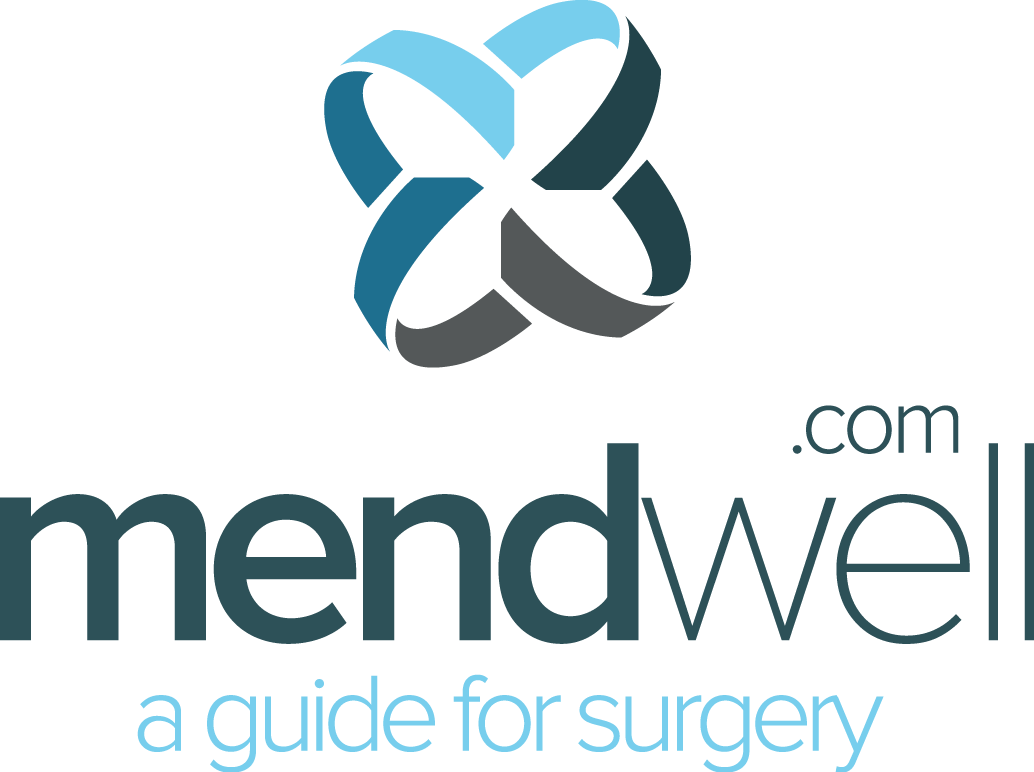Will Your Diet Stand in the Way of Your Surgery?
For many of us, eating well and focusing on good nutrition is a lot like wearing sunscreen; we prioritize it when the sun is blazing during the summer season, but fail to keep the habit up year-round, even knowing that it’s important for our safety and health. Much like neglecting SPF can lead to health consequences, so can disregarding the doc’s advice to eat an apple a day.
Look, we’re all human. And day to day, failing to consume your recommended daily allowance of fruits and veggies feels pretty innocent. But there is a time when getting a professional opinion on your overall nutritional status (usually called a nutrition screening) should top your to-do list: before surgery.
So, what is a nutrition screening exactly?
A nutrition screening is usually given in the form of a “dietary interview.” Ideally, a nutrition screening is done by a trained nutrition professional (like a registered dietitian). The structure may vary, but usually takes one of two forms: “record” or “recall”. For a “record”, you will be asked to keep a detailed record of everything you have to eat or drink over a set period (usually between one and three days). During a “recall”, you may be asked to tell a dietitian everything you have had to eat or drink in the past 24 hours. You may also be asked about dietary supplements, including vitamins, minerals, and herbal products.
Why are nutritional screens important?
Malnutrition and undernutrition are both serious issues for patients who are planning to have surgery. The research is clear: patients with poor nutritional status spend longer in the hospital, have more complications, and are more likely to be re-admitted to the hospital after surgery. Screening a patient and providing them with a nutrition plan is a simple, low-cost way that doctors can address these risk factors before surgery and avoid complications post-op. These nutrition screenings can also help surgery teams identify the best way to reintroduce nutrients to your body during the postop period. Bottom line? Nutrition screens offer the information and insight to make surgery safer as well as speed up and improve your recovery.
Should I ask my doctor for a nutrition screening?
Yes! Preparing your body for surgery should be your priority. Unfortunately, many hospitals and outpatient surgery centers fail to address a patient’s nutritional status. In fact, according to a Johns Hopkins study, only about 20% of patients receive a nutrition consult when they arrive at the hospital. In many cases, nutrition screenings are not given at all. On the bright side, doctors and surgeons across the nation are pushing for the implementation of enhanced recovery after surgery (ERAS) protocols to be put in place. Nutrition screenings are one of the 17 initiatives that ERAS advocates push for. Given the impact that your nutrition status can have on your surgery experience, it’s something worth asking your surgeon about!
Want even more helpful surgery tips? Browse the rest of our blog for empowering pre-op information, helpful nutrition advice, and more!


